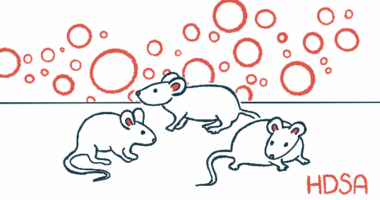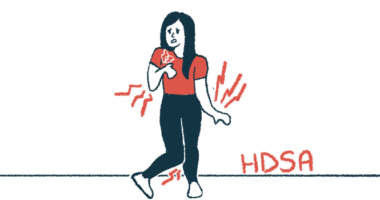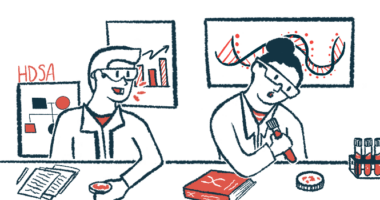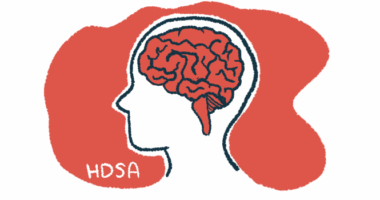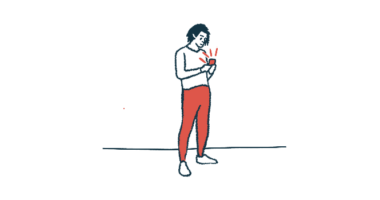Non-drug Treatments for Huntington's Disease
Physical Therapy
Physical therapy, also known as physiotherapy, has the potential to improve Huntington’s patients’ quality of life by improving their mobility and function. Its main goals in Huntington’s are to promote correct posture and walking, build strength, coordination, and flexibility, and prevent falls.
Occupational Therapy
Occupational therapy can improve the quality of life in people with Huntington’s by helping to make everyday activities like eating, walking, bathing, and dressing easier across the stages of the disease. It can help patients modify their home for safety and recommend the use of adaptive equipment to help manage the disease’s impact.
Speech Therapy
Speech therapy may be able to lessen the speech and swallowing difficulties that people with Huntington’s experience, or limit the impact that these problems have on a patient’s life. This approach can also reduce serious health risks associated with swallowing problems.
Palliative Care
Palliative care aims to improve the quality of life for people with serious illnesses, such as Huntington’s, by helping to manage pain and other distressing symptoms and providing emotional support. This type of care can be introduced at any point during Huntington’s progression, not just at a time when the person nears the end of life.

